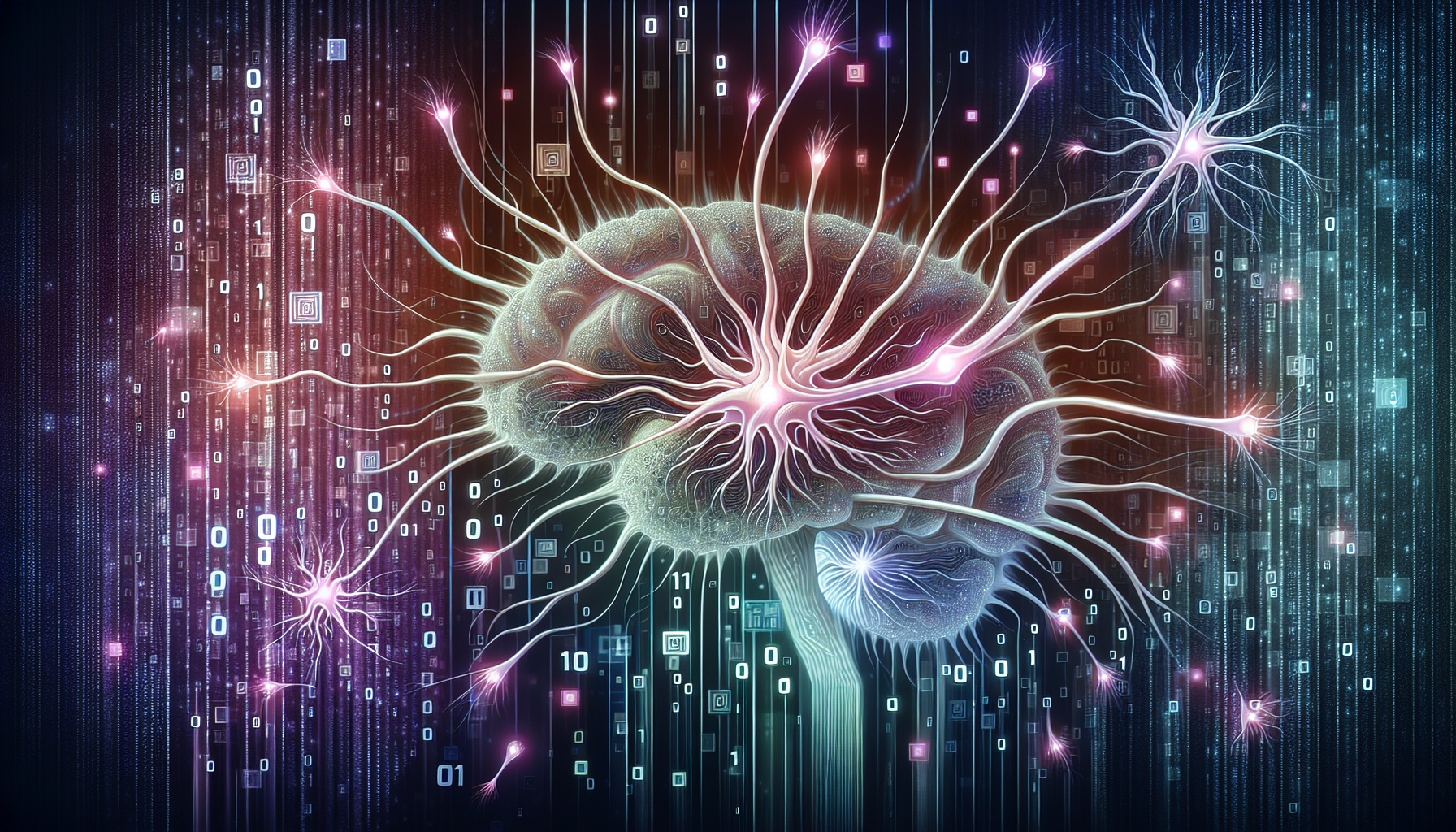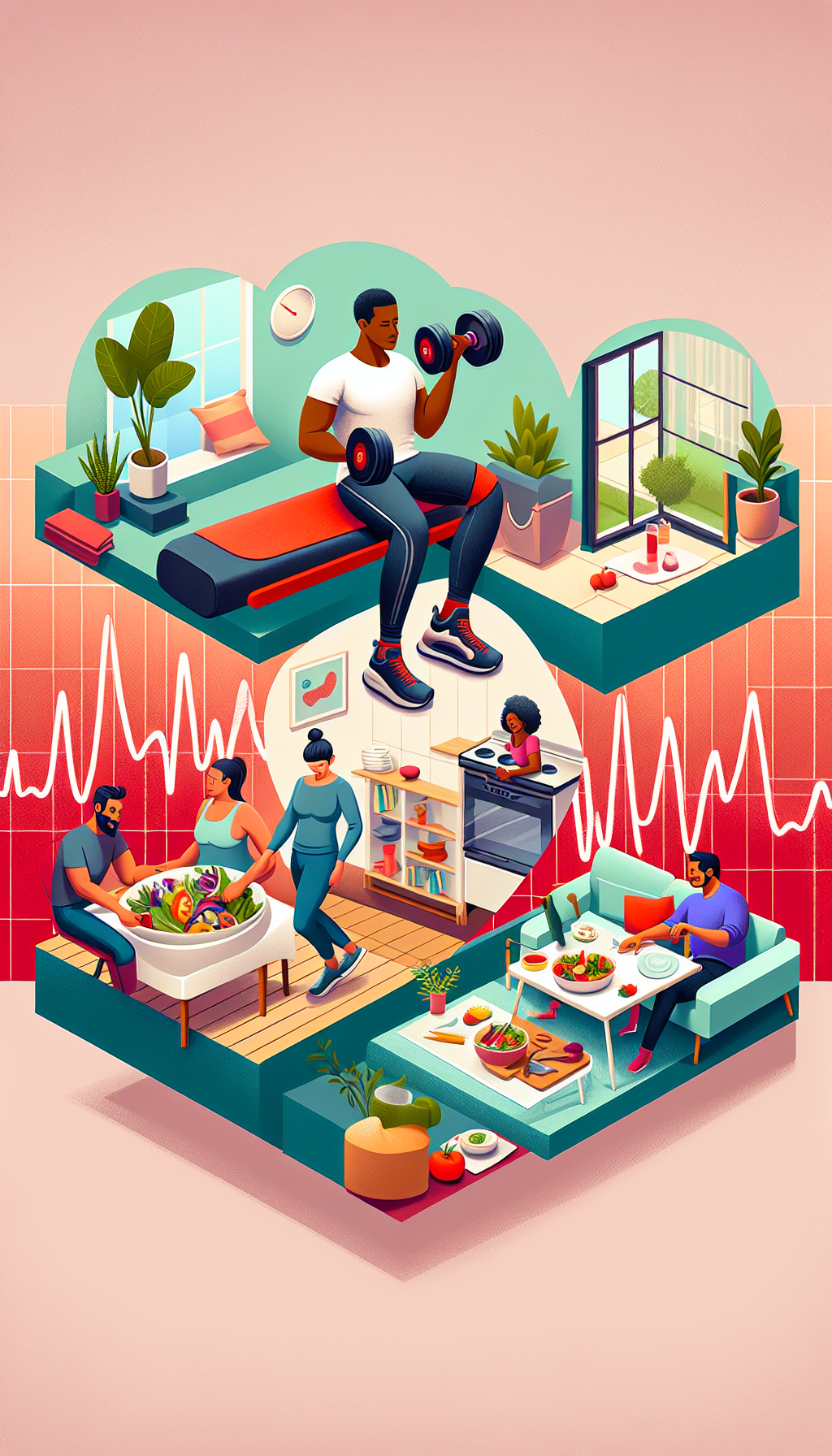In the digital age, our brains are exposed to a multitude of new stimuli and challenges. The constant connectivity and influx of information can have profound effects on neurological health, presenting risks that are only now beginning to be understood. Conversely, this era also offers unprecedented strategies for prevention and improvement of brain function. This article delves into the potential dangers posed by our digital lifestyles and the preventative measures we can adopt to safeguard our neurological well-being.
The Impact of Digital Overload
Our brains are not inherently designed for the high-speed, always-on nature of modern digital life. The incessant demands of emails, social media notifications, and the expectation for immediate responses can lead to a state of chronic stress. This stress activates the body’s fight-or-flight response, releasing hormones like cortisol that, over time, can impair cognitive functions and lead to neurological issues such as anxiety, depression, and attention disorders.
Screen Time and Sleep Disruption
It’s well-documented that excessive screen time, particularly before bed, can disrupt sleep patterns. The blue light emitted by screens inhibits the production of melatonin, the hormone that regulates sleep-wake cycles, thus impacting the quality of sleep. Poor sleep is associated with a range of neurological health issues, from diminished cognitive abilities to increased susceptibility to neurodegenerative diseases.
To understand the broader implications of neurological health, consider exploring Avix Health’s comprehensive guide on Brain Health, which goes beyond digital risks to encompass various aspects of maintaining a healthy brain.
The Cognitive Toll of Multitasking
The digital age encourages multitasking, yet research suggests that constant task-switching can lead to reduced productivity and a diminished ability to focus. This "continuous partial attention" can lead to a decrease in cognitive control and an increase in mental fatigue.
Harnessing Digital Tools for Neurological Health
Despite these challenges, the digital age also brings tools that can enhance cognitive function and bolster brain health.
Cognitive Training Techniques
Digital platforms offer a myriad of cognitive training apps and games designed to improve aspects of brain function, such as memory, attention, and problem-solving skills. Engaging in these activities can help build cognitive resilience and potentially slow the progression of age-related cognitive decline.
For detailed strategies on enhancing focus and cognitive abilities, consider reading about Maximizing Focus Through Cognitive Training Techniques.
Mindfulness and Meditation Apps
Mindfulness and meditation have been shown to reduce stress and improve neurological health. A wealth of apps now exists to guide users through these practices, making them more accessible and easier to integrate into daily life.
Brainwave Entrainment
Brainwave entrainment technology uses audio or visual stimuli to induce brainwave states that can promote relaxation, focus, or other desired mental states. It has emerged as a novel way to manage stress and improve mental health.
To delve deeper into this topic, read about Brainwave Entrainment Techniques for Mental Health.
Prevention Strategies for Digital-Induced Neurological Issues
Awareness of the risks is the first step toward prevention. Here are some strategies to mitigate the potential negative impacts of digital technology on neurological health:
Digital Detoxes
Taking regular breaks from digital devices can help reduce stress and improve mental well-being. Periodic digital detoxes, whether for a few hours each day or for longer periods, can give the brain time to recover from the cognitive demands of digital life.
Ergonomic and Environmental Adjustments
Creating an ergonomic workspace can reduce physical strain and mental stress. Adjusting lighting, reducing noise, and creating a clutter-free environment can also help minimize cognitive overload.
Sleep Hygiene Practices
Implementing a bedtime routine that includes a wind-down period without screens can help improve sleep quality. Keeping devices out of the bedroom and using features that minimize blue light exposure in the evening can also be beneficial.
Balanced Lifestyle
Maintaining a balanced lifestyle that includes physical exercise, a healthy diet, and social interaction is crucial. These factors all play a role in supporting neurological health and can counteract some of the negative effects of a digital-heavy lifestyle.
External Resources for Further Information
For those seeking to explore the subject further, here are some valuable external resources:
- A report on the effects of blue light on sleep and potential mitigation strategies.
- An in-depth look at multitasking and its impact on productivity and cognitive health.
- A scientific publication detailing the benefits of mindfulness meditation on brain structure and function.
In conclusion, while the digital age presents new challenges to neurological health, it also provides us with innovative tools for prevention and improvement. By understanding the risks and actively engaging in strategies to minimize them, we can harness the benefits of technology without compromising our cognitive well-being. The key lies in mindful usage, regular detoxes, and a commitment to a balanced lifestyle that nurtures both the brain and the body.



